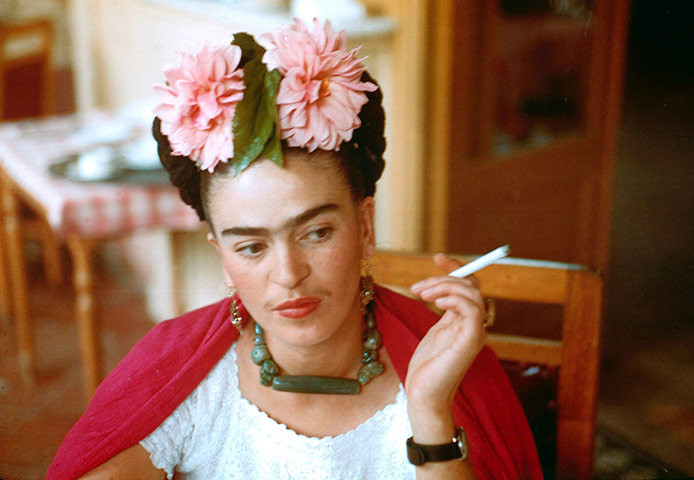The Privilege of Being Conventional
May 7, 2021
I’ve seen the word conventionality used in the New York Times a plethora of times without ever considering its real meaning. When we think of something as conventional, our minds tend to gravitate towards the idea of tradition, and how certain customs, like a bride wearing white on their wedding day or receiving presents on Christmas, have come to symbolize the word in the sense of widely accepted norms. Merriam Webster defines the word as, “of traditional design” which is why it makes sense that these are the associations we make. However, I think what is often overlooked about not just the word, but the concept in and of itself is the privilege that comes with adhering to it.
While it is not widely accepted out of denial by many, the idea of being conventional, whether it be in your attractiveness, style, sexual orientation, capabilities, wealth, etc. there comes is an inherent privilege. On the surface, it’s certainly hard to spot because of how normalized it feels to be treated like a decent human being because you fall under the qualification of what it means to be widely accepted by those around you. However, when you take a step back and care to take notice of how these things about yourself have bolstered your validity as a human being, you’ll perhaps begin to understand why meeting the standard of acceptance is a privilege.
I challenge you to look up conventionally attractive on google and look at the image results. Before I could even get to the image tab I was greeted by the Google suggestion “conventionally attractive face chart” implying there is a grading scale on how acceptable your facial appearance is. Nonetheless, when I reached my goal I saw photos of celebrities like Jennifer Aniston, Natalie Portman, Robert Patterson- who most people would agree are quite attractive. However, what I noticed above all was the number of articles denouncing, mainly female, celebrities’ appearances and how certain features like their nose, face shape, or stomach somehow made them less accepted or desired by all the rest of society. While celebrities are only a small scope of this, I think the concept of being conventionally beautiful or attractive plays a deeper role in today’s society and how people who meet these standards are treated inherently better by those around them. The idea is that if you have a slim stature, beautiful eyes, a slanted nose, shiny hair, clear skin you are worth more as a human being. Many refer to this as “pretty privilege”- but again, it all extends back to meeting the traditional standards we have imposed in society based on what is and isn’t acceptable.
While appearance plays a huge role in this, conventionality extends to many other aspects of one’s character including more basic things like having an acceptable style, sense of wealth, or personality- it also has deeper implications into one’s sexual orientation, religion, physical capabilities, religion, home life, gender identity, etc. Think critically about it- who or what lines the magazine covers at your grocery store? Who or what do you see receiving praise from the media? What themes and ideas are most present in television and film? I would generally assess the ideas we see promoted center around being an able-bodied person of a slim stature, fair skin, perfect skin, straight, cis-gendered, moderate or accelerated wealth, a stable home life, etc. These aspects are what defines the standard present in society today.
Charlotte Bronte once said, “conventionality is not morality” and I find that to be very true. While it may be enticing to try and change yourself or your life to be accepted by society on a more broad level, I think it is important to remember that adhering to the standard is not a requirement for a happy and successful life. However, I think it is important that everyone takes the time to configure how they have an advantage by being conventional in any sense to not develop discriminatory preferences over things people can not or do not want to change about themselves. Being the norm or meeting the standard isn’t necessarily a bad thing until it becomes an exclusive club that defines self-worth.
I often like to use Frida Kahlo as a great and beautiful example of what it means to stray away from what the standard of acceptance is. While an amazing painter, gentle artist, and creative soul, Kahlo was often criticized for her unconventional appearance and behavior as a woman for the time. Many found her unibrow and upper lip hair to be something so widely unacceptable coupled with her strong progressive ideals as. While she may have been criticized then, her artwork and entire style is now idolized as we have begun to collectively (but surely slowly) break down the barriers of what is and isn’t widely accepted. Kahlo’s rejection of the conventional beauty standard and refusal to change her appearance is something truly inspiring and stands as a great reminder that while adhering to the general norms and standards is a privilege that provides many advantages, there is a wondrous mystic in being uniquely you.



